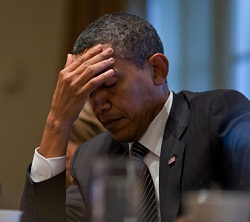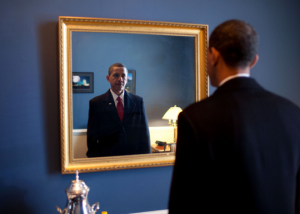 There are several updates to the key points I outlined in last week’s post about President Obama’s handling of the Afghan war.
There are several updates to the key points I outlined in last week’s post about President Obama’s handling of the Afghan war.
The first concerns the success of the surge of 30,000 extra troops that Mr. Obama announced in December 2009, most of which were deployed in southern Afghanistan. As I noted, one of the significant nuggets in Rajiv Chandrasekaran’s informative but depressing new book about U.S. policy in Afghanistan is that many in the White House privately concede that the troop buildup has been a failure. An article in the New York Times yesterday reports the same thing, quoting a senior administration official as saying:
When you look at the map in two years, the Taliban are going to be controlling big, rural swaths of the south. And that’s something no one wants to talk about very much.
Underscoring this point, the Times goes on to say:
A senior military official said that before the troop increase there were roughly 2,000 insurgents moving regularly across the mountainous border between Afghanistan and Pakistan. And after the increase was over, he said, there are still about 2,000. Continue reading

 A spate of new books offers critical appraisals of President Obama’s stewardship of national affairs. Bob Woodward’s latest volume,
A spate of new books offers critical appraisals of President Obama’s stewardship of national affairs. Bob Woodward’s latest volume,